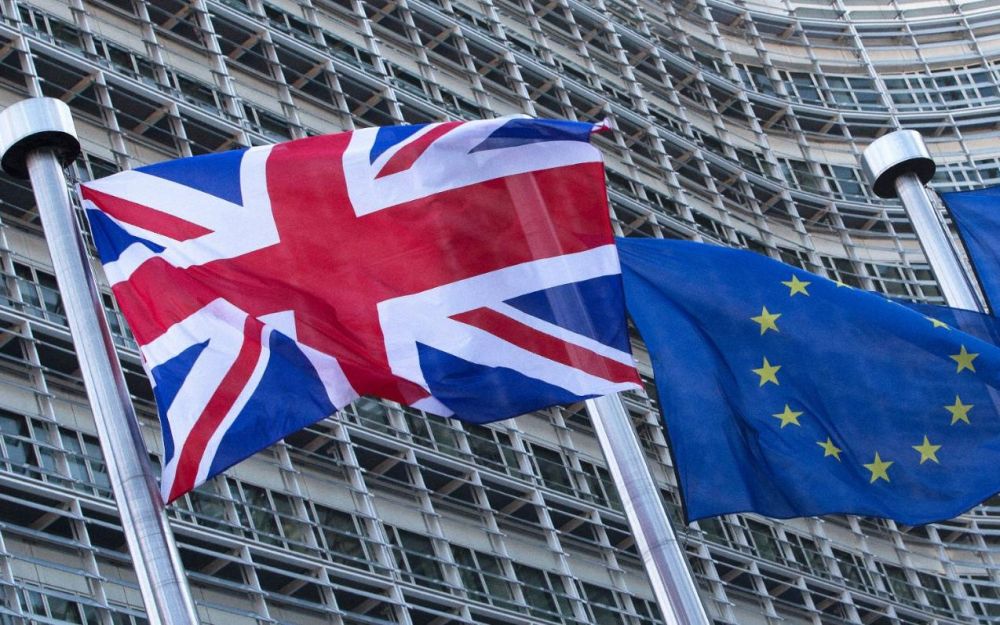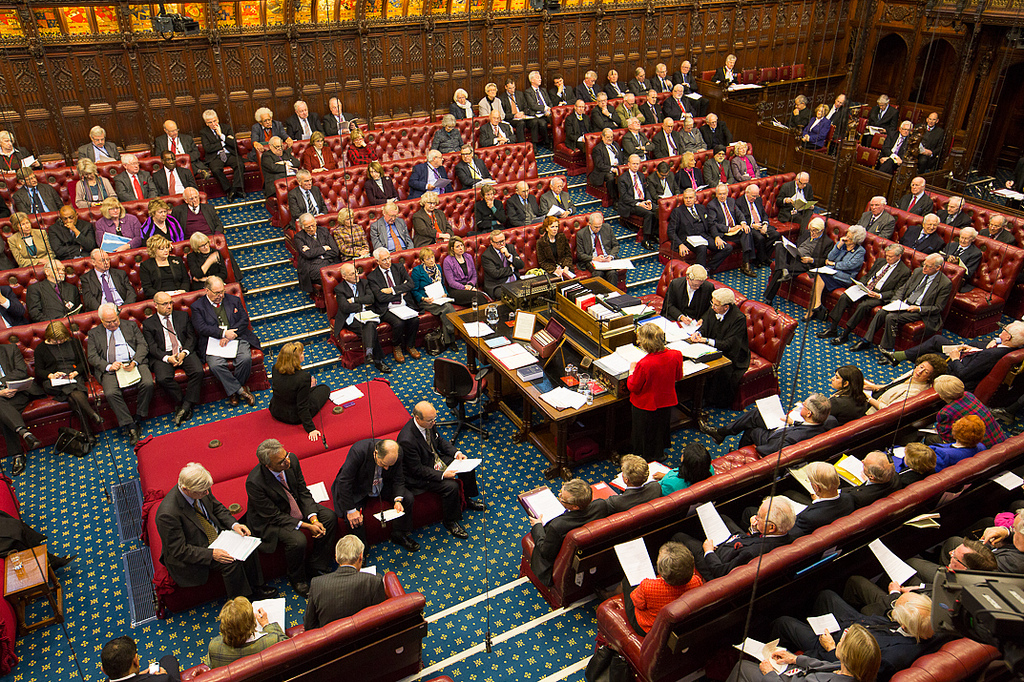
The UK’s agriculture sector faces challenges and opportunities as a result of Brexit, the House of Lords has said in its long-awaited EU report on the UK farming industry.
The report said the industry will need to overcome challenges posed by leaving the EU’s Common Agricultural Policy (CAP), not least as CAP funding currently supports many farms across the UK.
Repatriating agricultural policy-making to the UK will also require careful consideration of the needs of the industry, future trade agreements and the devolution settlements.
These changes will affect an industry which by its very nature must make long-term business decisions. A transitional period is needed to allow farmers to survive and prosper post-Brexit.
These are among the findings and recommendations of the report Brexit: agriculture by the House of Lords EU Energy and Environment Sub-Committee.
The first evidence session took place on 25 January when the Committee took evidence from leading academics on the subject.
'Enormous challenges'
Commenting on the report, Lord Teverson, who chaired the Sub-Committee up until the dissolution of Parliament, said post-Brexit the UK’s agriculture and food sectors face 'enormous challenges'.
“Life after the EU’s Common Agricultural Policy will not be easy for the many UK farmers who rely on its financial support.

“But leaving the EU is also an opportunity for the UK, and its constituent nations and regions, to move away from the EU’s ‘one-size-fits-all’ policies on farming and food. We will be able to really think about what we want to do with agriculture, food and the environment.
“Trade – especially with the EU – is really important for the agri-food sector. It is unlikely that a comprehensive trade deal with the EU will be negotiated before Brexit, so a transitional deal is vital to avoiding a 'cliff edge' for farmers.
“The Government and the devolved administrations will also need to be careful that tailored agricultural policies don’t create non-tariff barriers for UK exports.”
'Urgent review'
The CLA which represents farmers, landowners and rural businesses has responded to the report, saying it is 'welcomed'.
CLA Deputy President Tim Breitmeyer said: “The CLA has called for an urgent review of the need for seasonal agricultural workers, and we are pleased that the Lords support us on this. We would call on the Government to make this a priority when they return to their desks in June.
“We are pleased that the Lords support our call for the design of a fully funded policy to replace CAP, that ensures a more resilient productive sector going forward, and we believe this should be a priority for whatever government emerges from the general election in June.
“Peers have set out that they believe that securing a good deal for agriculture must be a government negotiating priority. The CLA has put forward the red lines it believes Government must not cross when negotiating a trade deal with the EU and we will continue to press for these in the crucial months ahead.”
Withdrawing from CAP
The CAP plays a fundamental role in regulating and supporting UK agriculture.
Many farmers in the UK rely on CAP funding to sustain their businesses, and wider rural communities also benefit from EU development programmes. But CAP is criticised for being bureaucratic and misdirecting financial support.
The report said that Brexit presents an opportunity to tailor agriculture policies more closely to the differing needs of farmers and consumers across the UK.
UK farmers will also need time and clarity from Government to allow them to adapt to any changes in the regulatory or funding system after Brexit.
Future trade in agri-food products
The EU is the UK's single largest trading partner in agri-food products - about 80% of the UK’s agricultural exports go to the EU.
The report said that post-Brexit, the UK will have to develop its own tariff schedules and negotiate new trading relations with the EU and the wider world.
UK farmers risk facing high tariffs and significant non-tariff barriers when exporting, and competition from lower-priced imports domestically.
Both tariff and non-tariff barriers could disrupt integrated supply chains between the UK and the EU, and pose a particular challenge for the agri-food sector in Northern Ireland.
Access to labour
The UK’s agri-food sector relies extensively on other EU countries for both permanent and seasonal labour. This labour ranges across all skill levels.
The report said that without access to EU labour, both the agricultural sector and food manufacturers will face severe difficulties. The report it is an immediate challenge, which the Government must address urgently as the UK approaches withdrawal.
The House of Lords EU Energy and Environment Sub-Committee investigated the implications of Brexit for UK agriculture and food, particularly the impact of leaving the EU’s Common Agricultural Policy.
It took evidence from key industry representatives, academic experts and the Government in order to identify priorities for a post-Brexit relationship with the EU.
